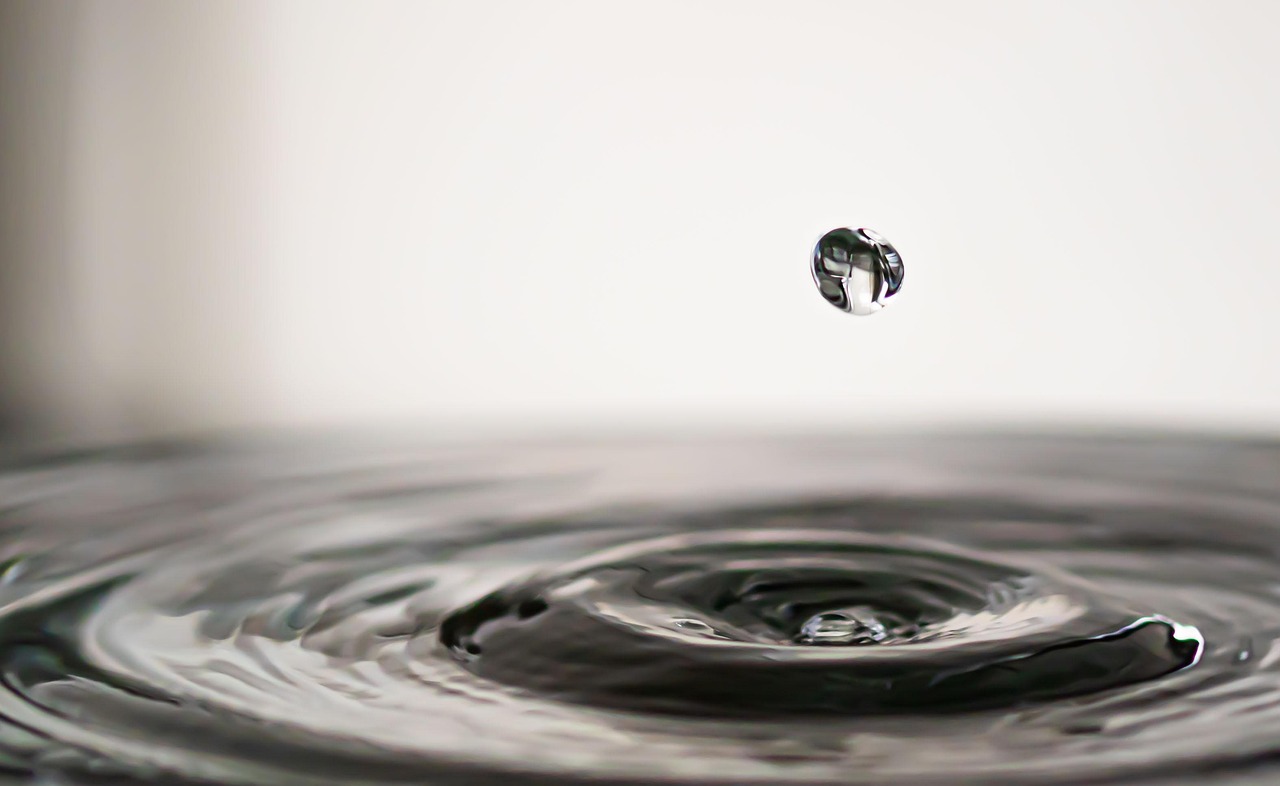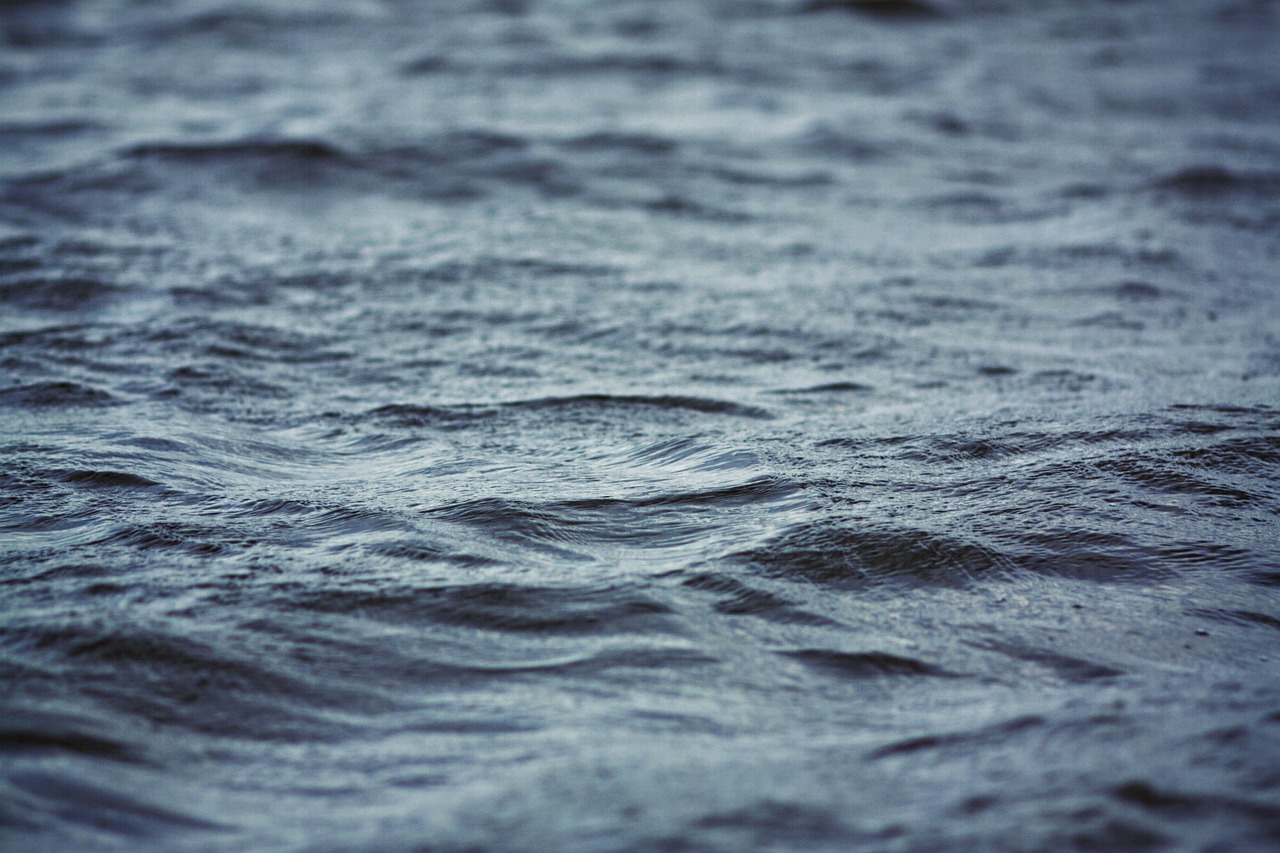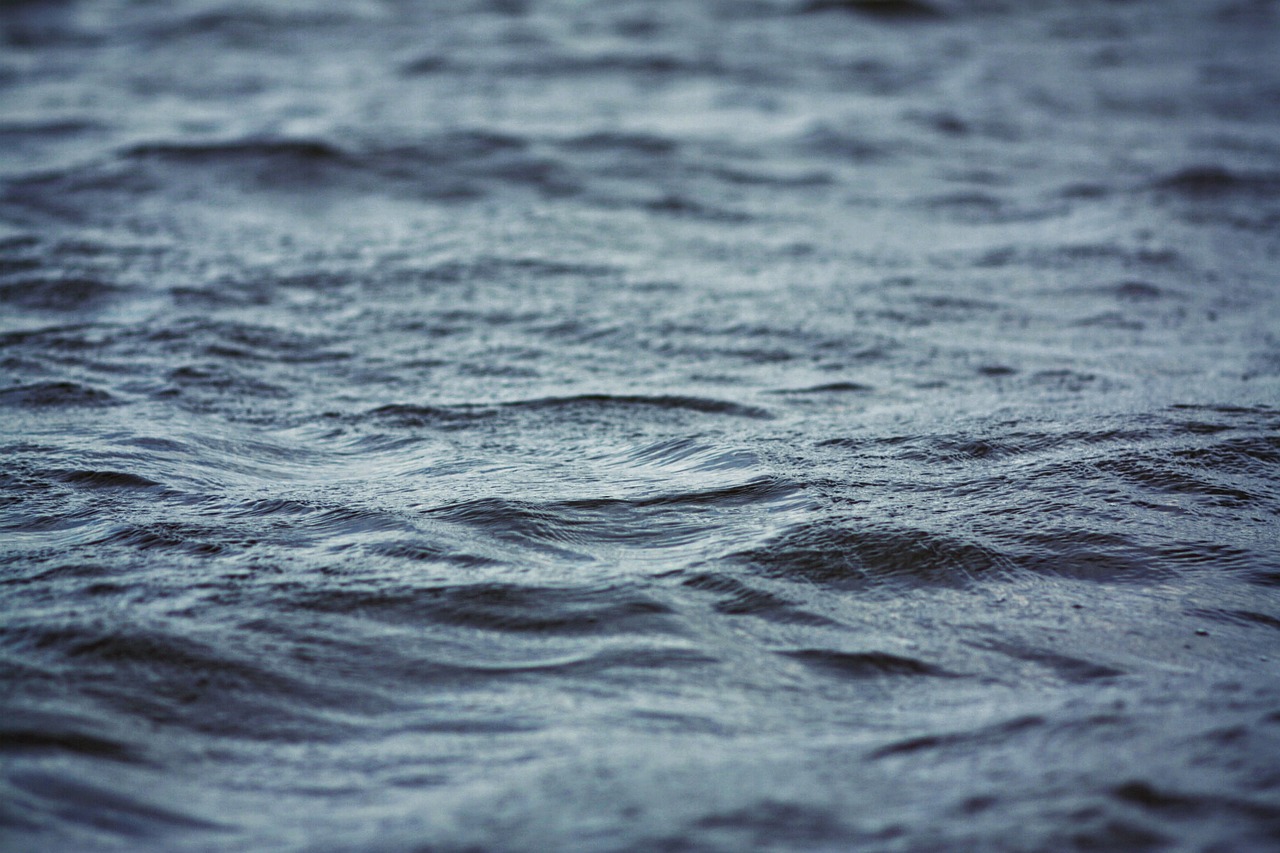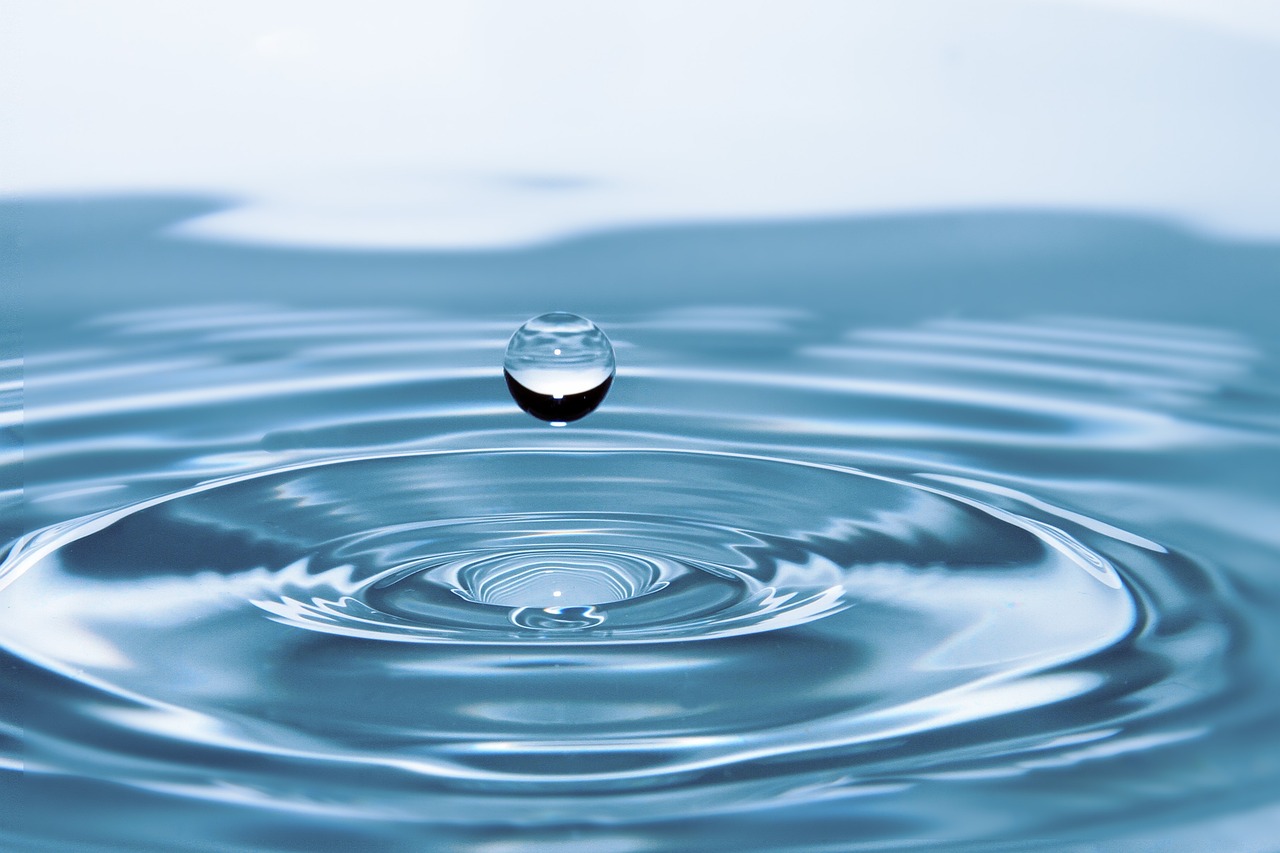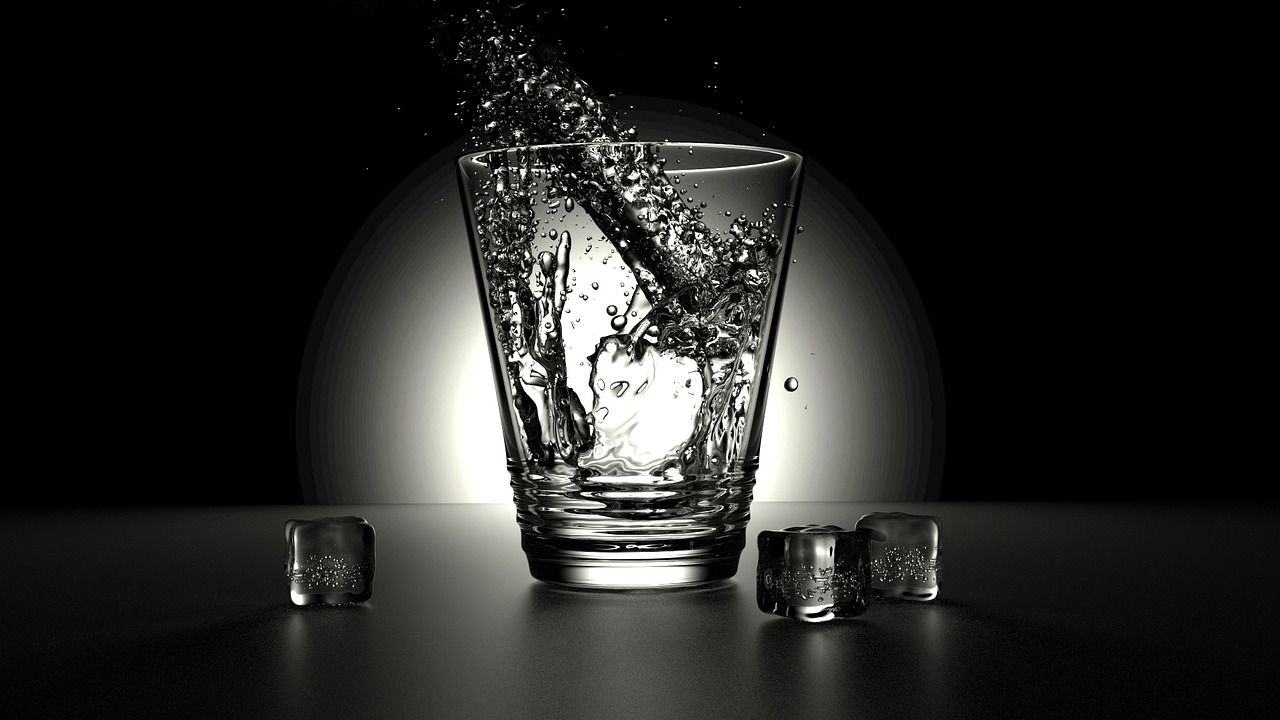This article delves into effective strategies to quickly eliminate excess water weight overnight. By implementing specific dietary changes, lifestyle adjustments, and natural remedies, individuals can achieve rapid results and feel lighter.
Understanding Water Weight
Water weight refers to the temporary retention of fluids in the body, which can lead to a bloated appearance. This condition is often influenced by various factors such as dietary habits, hormonal fluctuations, and lifestyle choices. Understanding these causes can empower individuals to effectively target and reduce water retention.
Why Do We Retain Water?
- Sodium Intake: Consuming high amounts of sodium can lead to significant water retention.
- Hormonal Changes: Fluctuations in hormones, especially during the menstrual cycle, can cause temporary water weight.
- Lifestyle Factors: Lack of physical activity and poor sleep can exacerbate water retention.
The Role of Sodium
High sodium levels in the diet are a primary contributor to water retention. Reducing sodium intake can significantly decrease excess fluid in the body, promoting a leaner appearance. Processed foods, canned soups, and salty snacks are often culprits. Switching to fresh ingredients and using herbs can help lower sodium consumption.
Dietary Changes to Lose Water Weight
Incorporating specific foods into your diet can facilitate rapid water loss:
- Diuretic Foods: Foods such as cucumbers, watermelon, and asparagus have natural diuretic properties that help flush out excess fluids.
- Hydration: Ironically, drinking more water can help your body release retained fluids. Staying adequately hydrated is crucial for maintaining a healthy balance.
Effective Lifestyle Adjustments
Simple changes to your daily routine can significantly impact water retention:
- Regular Exercise: Engaging in physical activity boosts circulation and encourages sweating, which can help eliminate excess water weight.
- Sleep and Stress Management: Prioritizing quality sleep and managing stress levels can help regulate hormones that influence water retention.
Natural Remedies for Quick Results
Several natural remedies can aid in losing water weight overnight:
- Herbal Teas: Consuming herbal teas like dandelion and green tea can promote diuresis, helping to reduce water retention.
- Apple Cider Vinegar: This remedy is believed to help balance electrolytes and support the body’s natural detoxification processes.
When to Seek Medical Advice
While losing water weight can be beneficial, persistent water retention may indicate underlying health issues. If you experience chronic bloating or swelling, it is essential to consult a healthcare professional for a thorough evaluation.
In conclusion, by understanding the factors contributing to water retention and implementing these effective methods, individuals can achieve quick and noticeable results. Adopting a balanced diet, maintaining an active lifestyle, and utilizing natural remedies can significantly enhance your ability to shed excess water weight overnight.
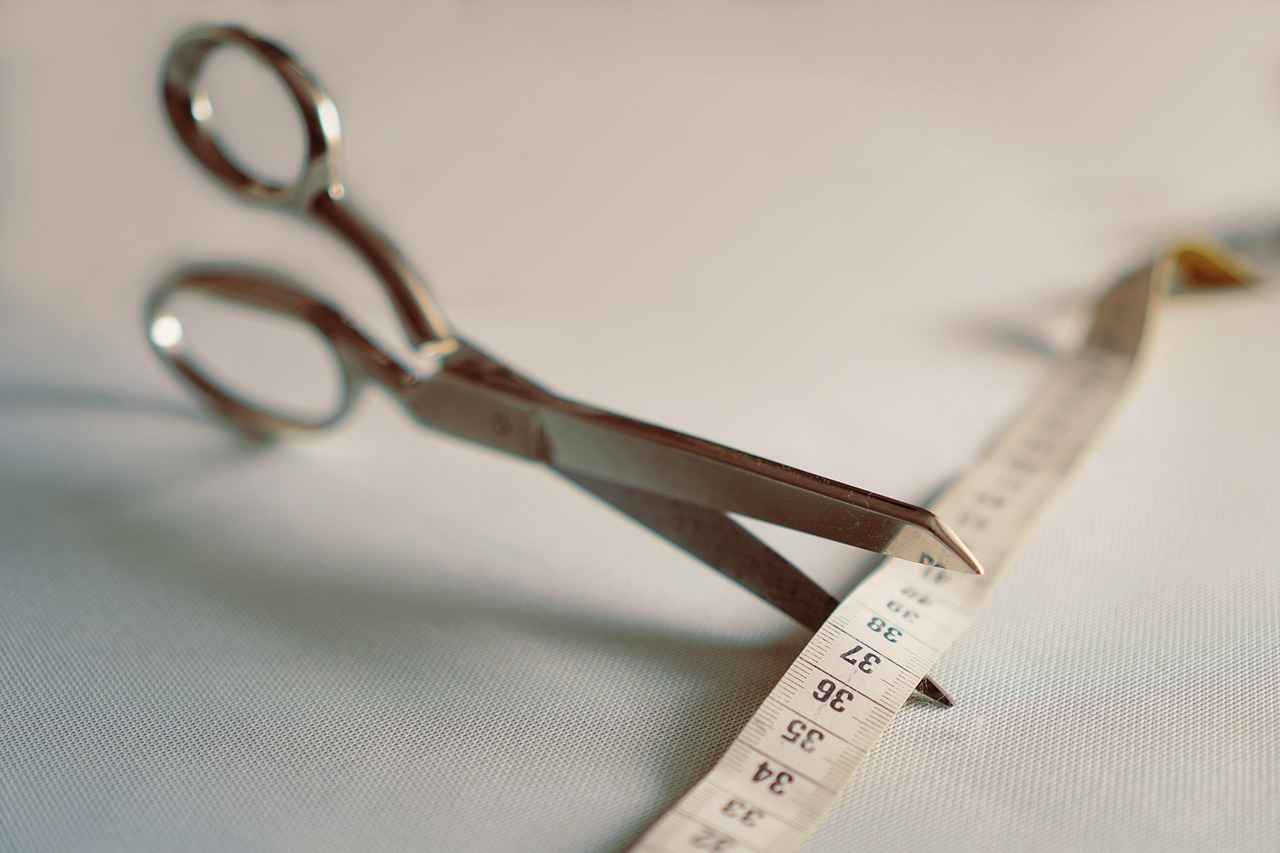
Understanding Water Weight
is crucial for anyone looking to manage their body composition effectively. Water weight refers to the temporary retention of fluids in the body, which can fluctuate due to various factors. This phenomenon is often misunderstood, leading many to feel frustrated with their weight management efforts. By recognizing the causes of water retention, individuals can implement strategies to effectively target and reduce it.
Water retention can occur for several reasons, and understanding these can empower individuals to take control of their bodies. One of the most significant contributors is diet. Consuming foods high in sodium can lead to increased fluid retention, as sodium causes the body to hold onto water. Processed foods, fast foods, and even certain condiments can be culprits in this regard. Additionally, hormonal fluctuations, particularly during the menstrual cycle, can also cause temporary increases in water weight. This is a natural response that affects many individuals, particularly women.
Another factor that contributes to water retention is lifestyle choices. Lack of physical activity can lead to poor circulation, which may exacerbate fluid retention. Moreover, inadequate sleep and high stress levels can disrupt hormonal balance, further complicating the issue. Stress hormones like cortisol can lead to increased sodium retention, making it even more critical to manage stress for overall health.
To effectively manage water weight, individuals can make targeted dietary changes. Incorporating diuretic foods such as cucumbers, celery, and watermelon can help flush excess fluids from the body. These foods not only promote hydration but also support kidney function, aiding in the elimination of retained water. Additionally, increasing water intake paradoxically helps reduce water retention, as it encourages the body to release stored fluids.
Regular exercise is another vital component in managing water weight. Engaging in physical activity boosts circulation and promotes sweating, both of which can help the body shed excess water. A combination of cardiovascular and strength training exercises can be particularly beneficial in achieving this goal. Furthermore, maintaining a consistent sleep schedule and practicing stress-reduction techniques, such as yoga or meditation, can help regulate hormones and minimize water retention.
Natural remedies also offer effective solutions for those looking to lose water weight quickly. Herbal teas, such as dandelion and green tea, are known for their diuretic properties and can be consumed before bedtime to promote fluid loss overnight. Another popular option is apple cider vinegar, which is believed to help balance electrolytes and support kidney function, further aiding in the reduction of water retention.
While temporary water weight can be managed with these strategies, it is essential to recognize when to seek medical advice. Persistent water retention may indicate underlying health issues, such as kidney problems or heart conditions. If you notice significant changes in your body weight that do not correlate with dietary or lifestyle changes, consulting a healthcare professional is advisable.
In summary, understanding water weight and its causes is vital for effectively managing it. By making informed dietary choices, engaging in regular physical activity, and exploring natural remedies, individuals can take proactive steps to reduce water retention and feel more comfortable in their bodies. Recognizing the signs of excessive water retention and knowing when to seek help ensures that you maintain optimal health and well-being.

Why Do We Retain Water?
Water retention, also known as edema, is a common condition that can affect anyone. It occurs when excess fluids build up in the body’s tissues, leading to swelling and discomfort. Understanding the reasons behind water retention is crucial for managing it effectively. Several factors contribute to this phenomenon, including dietary habits, hormonal fluctuations, and lifestyle choices.
Dietary Habits
- Sodium Intake: One of the primary culprits of water retention is a high sodium diet. Sodium attracts water and causes the body to hold onto excess fluids. Processed foods, fast food, and salty snacks are often loaded with sodium, making it essential to monitor intake.
- Carbohydrate Consumption: Eating a large amount of carbohydrates can also lead to water retention. When you consume carbs, your body stores them as glycogen, which is bound to water. The more glycogen stored, the more water is retained.
- Hydration Levels: Ironically, not drinking enough water can cause the body to retain fluids. When dehydrated, the body tends to hold onto water to prevent further loss, leading to bloating and swelling.
Hormonal Fluctuations
Hormones play a significant role in fluid balance. For instance, women often experience water retention during their menstrual cycle due to fluctuations in estrogen and progesterone levels. PMS symptoms can exacerbate this condition, making it vital to understand these hormonal influences.
Lifestyle Choices
- Physical Activity: A sedentary lifestyle can contribute to poor circulation, leading to fluid buildup in the extremities. Regular exercise promotes blood flow and helps the body eliminate excess fluids.
- Stress Levels: High stress can lead to hormonal imbalances that affect fluid retention. Cortisol, the stress hormone, can cause the body to hold onto water, making stress management an essential factor in combating water retention.
- Sleep Quality: Lack of sleep can affect hormone regulation and lead to increased water retention. Proper rest is crucial for maintaining a healthy balance in the body.
Recognizing these factors is essential for effectively managing and reducing water weight. By making informed dietary choices, understanding hormonal changes, and adopting a healthier lifestyle, individuals can take proactive steps towards minimizing water retention. If water retention persists despite making these adjustments, it may be necessary to consult a healthcare professional to rule out any underlying health issues.
The Role of Sodium
Sodium is an essential mineral that our bodies require for various functions, including maintaining fluid balance, nerve transmission, and muscle contraction. However, an excessive intake of sodium is a major contributor to water retention, which can lead to a bloated appearance and discomfort. Understanding how sodium affects our bodies is crucial for anyone looking to manage their weight effectively.
When we consume high amounts of sodium, our bodies tend to retain more water to dilute the excess salt. This retention can occur in various parts of the body, leading to temporary weight gain and a puffy appearance. For individuals aiming to shed water weight, reducing sodium intake is a vital first step.
Foods High in Sodium
- Processed foods
- Canned soups
- Salty snacks
- Fast food
- Condiments like soy sauce and ketchup
Many common foods, especially processed and pre-packaged items, are loaded with sodium. These foods can easily exceed the recommended daily intake of sodium, which is about 2,300 milligrams for healthy adults. By becoming more aware of these foods and their sodium content, individuals can take proactive steps toward reducing their intake.
Reducing Sodium Intake
Making simple dietary adjustments can significantly lower sodium consumption:
- Cook at home: Preparing meals from scratch allows you to control the amount of salt added.
- Use herbs and spices: Instead of salt, flavor your dishes with herbs, spices, lemon juice, or vinegar.
- Read labels: Check food labels for sodium content and choose low-sodium options whenever possible.
Implementing these strategies not only helps reduce water retention but also promotes overall health by encouraging a more balanced diet.
Hydration and Sodium Balance
Ironically, while reducing sodium is important, staying hydrated is equally crucial. Drinking adequate amounts of water can help your body release excess sodium and fluids. When your body is well-hydrated, it functions optimally and can more effectively manage fluid balance.
Long-Term Considerations
It’s essential to maintain a balanced approach to sodium intake. While reducing sodium can lead to immediate benefits in terms of water weight loss, completely eliminating sodium from your diet is not advisable. Sodium plays a vital role in bodily functions, and a moderate intake is necessary for good health. Aim for a balanced diet that includes a variety of nutrients while keeping sodium levels in check.
In conclusion, managing sodium intake is a fundamental aspect of reducing water retention. By being mindful of dietary choices and adopting healthier cooking habits, individuals can achieve a leaner appearance and improve their overall well-being.
Foods High in Sodium
Processed foods, canned soups, and salty snacks are often high in sodium, which can lead to increased water retention in the body. Sodium plays a crucial role in regulating fluid balance; however, excessive intake can cause the body to hold onto more water than necessary. This can lead to feelings of bloating and discomfort, making it essential to identify and reduce these types of foods from your diet.
Many individuals may not realize just how much sodium is hidden in everyday foods. For instance, canned soups, while convenient, can contain up to 800 mg of sodium per serving. This is often more than the recommended daily limit. Similarly, salty snacks like chips and pretzels can contribute significant amounts of sodium to your diet, with some brands exceeding 400 mg per serving.
To effectively mitigate water retention, it is important to identify high-sodium foods and seek healthier alternatives. Here are some strategies:
- Read Labels: Always check the nutrition labels on packaged foods. Look for sodium content and try to choose options with less than 140 mg of sodium per serving.
- Cook at Home: Preparing meals from scratch allows you to control the amount of sodium in your food. Use fresh ingredients and herbs to enhance flavor without adding salt.
- Opt for Low-Sodium Alternatives: Many brands offer low-sodium versions of popular products, including canned soups and sauces. These can help reduce overall sodium intake.
- Increase Fresh Produce: Fruits and vegetables are naturally low in sodium and high in potassium, which can help balance sodium levels in the body.
Incorporating these strategies can significantly reduce sodium intake and help alleviate water retention. Additionally, consider incorporating diuretic foods such as cucumbers, asparagus, and watermelon into your diet. These foods can help flush out excess fluids and promote a healthier balance in your body.
Another effective approach is to stay hydrated. Drinking sufficient water can paradoxically help your body release retained fluids. When the body is well-hydrated, it does not feel the need to hold onto excess water, thus reducing bloating and discomfort.
In conclusion, being mindful of sodium intake is crucial for managing water retention. By identifying high-sodium foods and making conscious dietary choices, you can promote a healthier body and feel more comfortable in your skin. Remember, small changes in your diet and lifestyle can lead to significant improvements in your overall well-being.
Reducing Sodium Intake
Reducing sodium intake is a vital step in managing water retention and promoting overall health. High sodium levels in the diet can lead to an increase in fluid retention, making it essential to adopt strategies that lower sodium consumption. Here are some effective methods to help you reduce your sodium intake and, in turn, decrease water weight.
- Cook at Home: Preparing meals at home allows you to control the ingredients and avoid hidden sodium levels often found in restaurant dishes and processed foods. By cooking from scratch, you can use fresh ingredients and limit the amount of salt added to your meals.
- Use Herbs and Spices: Instead of reaching for the salt shaker, experiment with a variety of herbs and spices to enhance the flavor of your dishes. Ingredients such as basil, oregano, garlic, and ginger can add depth and taste without the negative effects of sodium.
- Read Labels: When shopping, always check food labels for sodium content. Many packaged foods contain surprisingly high levels of sodium. Opt for low-sodium or no-salt-added versions whenever possible.
- Limit Processed Foods: Processed foods, including canned soups, snacks, and frozen meals, are often loaded with sodium. Reducing your intake of these foods can significantly lower your overall sodium consumption.
- Incorporate Fresh Produce: Fruits and vegetables are naturally low in sodium and high in potassium, which can help balance sodium levels in the body. Incorporate a variety of colorful produce into your diet for better health.
- Stay Hydrated: Ironically, drinking more water can help your body release retained fluids. Staying hydrated can signal your body to flush out excess sodium, further aiding in the reduction of water weight.
- Choose Whole Grains: Whole grains such as brown rice, quinoa, and whole wheat bread are not only healthier options but also tend to be lower in sodium compared to their refined counterparts.
By implementing these simple yet effective strategies, you can significantly reduce your sodium intake and help combat water retention. Not only will these changes promote a leaner appearance, but they will also contribute to your overall health and well-being. Remember, small adjustments in your daily routine can lead to substantial benefits in the long run.
Additionally, it is essential to be mindful of your sodium intake in social situations. When dining out, don’t hesitate to ask for modifications to your meal, such as requesting sauces and dressings on the side or asking for less salt to be used in the preparation. Being proactive about your choices can make a significant difference.
Ultimately, reducing sodium intake is a critical component of a healthy lifestyle. By prioritizing fresh ingredients, cooking at home, and being aware of your food choices, you can effectively manage water retention and contribute to your overall health.
Hormonal Influences
Hormonal fluctuations play a significant role in water retention, particularly for individuals who experience menstrual cycles. These fluctuations can lead to temporary increases in fluid retention, which may cause discomfort and affect overall well-being. Understanding the connection between hormones and water retention is crucial for managing symptoms effectively.
During the menstrual cycle, levels of hormones such as estrogen and progesterone fluctuate significantly. These hormonal changes can influence the body’s ability to regulate fluids. For instance, elevated estrogen levels can cause the body to retain more sodium, leading to increased water retention. Similarly, fluctuations in progesterone can also impact fluid balance, often resulting in bloating and swelling.
Recognizing these patterns can empower individuals to make informed decisions regarding their dietary and lifestyle choices. For example, during the luteal phase of the menstrual cycle, when symptoms of water retention are most pronounced, it might be beneficial to adjust dietary habits. Here are some strategies to consider:
- Increase Hydration: Ironically, drinking more water can help reduce water retention. When the body is adequately hydrated, it is less likely to hold onto excess fluids.
- Limit Sodium Intake: Reducing sodium in your diet can significantly decrease water retention. Focus on whole foods and avoid processed items that are often high in sodium.
- Incorporate Diuretic Foods: Foods such as cucumbers, watermelon, and celery have natural diuretic properties that can help flush out excess fluids.
- Monitor Caffeine and Alcohol: Both caffeine and alcohol can lead to dehydration and may exacerbate water retention. Moderating these substances can help maintain fluid balance.
In addition to dietary adjustments, lifestyle changes can also be beneficial. Regular physical activity can stimulate circulation and promote sweating, both of which help reduce water weight. Engaging in activities like yoga or walking can also aid in alleviating bloating and discomfort associated with hormonal fluctuations.
Moreover, managing stress through relaxation techniques such as meditation or deep breathing can positively impact hormonal balance. Stress can lead to an increase in cortisol, a hormone that may contribute to water retention. By incorporating stress management techniques into daily routines, individuals can help mitigate these effects.
It’s also essential to be mindful of the timing of these strategies. For example, if you know your water retention peaks during certain phases of your menstrual cycle, you can proactively implement these changes in advance. Keeping a journal to track symptoms and dietary habits can provide valuable insights into how your body responds to hormonal changes.
In conclusion, understanding the relationship between hormonal fluctuations and water retention is vital for effectively managing symptoms. By making informed dietary choices, engaging in regular physical activity, and practicing stress management techniques, individuals can alleviate the discomfort associated with water retention during hormonal changes. This proactive approach not only enhances physical comfort but also contributes to overall well-being.
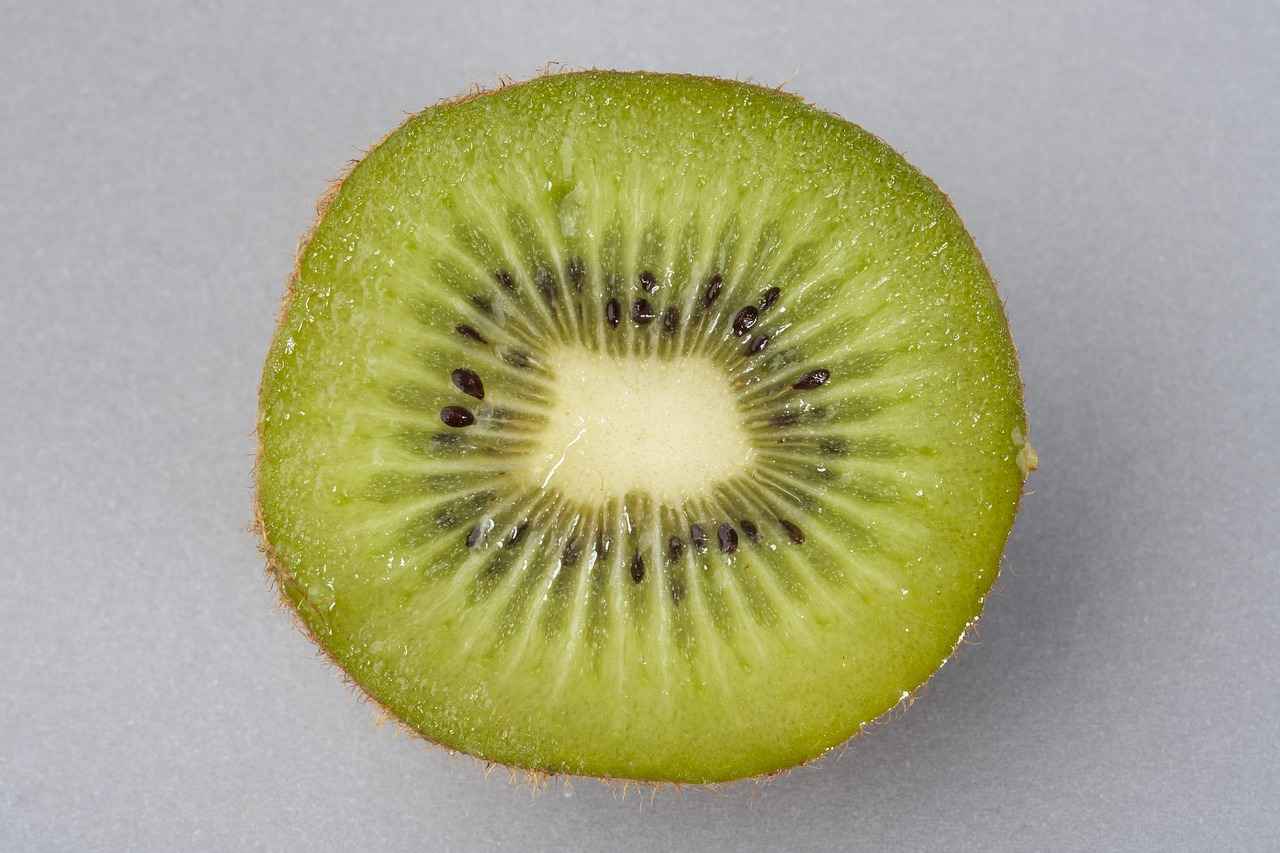
Dietary Changes to Lose Water Weight
When it comes to losing water weight, making specific dietary changes can be incredibly effective. By incorporating certain foods and beverages into your diet, you can enhance the body’s natural ability to shed excess fluids. This section will explore various dietary adjustments that can promote rapid water loss, providing you with practical tips and insights to achieve your goals.
Diuretic foods are those that help increase urine production, thereby assisting the body in flushing out excess water. Incorporating these foods into your diet can significantly enhance your efforts to lose water weight.
- Watermelon: This refreshing fruit is not only hydrating but also contains a high water content that can help reduce bloating.
- Cucumbers: Known for their crisp texture, cucumbers are low in calories and high in water, making them an excellent choice for reducing water retention.
- Celery: Rich in potassium, celery helps balance sodium levels in the body, promoting the release of excess fluids.
- Asparagus: This vegetable acts as a natural diuretic, helping to flush out excess water and toxins.
- Beets: Beets are packed with nutrients and can aid in detoxification, further assisting in reducing water weight.
In addition to food, certain beverages can also play a crucial role in promoting water loss. Here are some effective options:
- Green Tea: Rich in antioxidants, green tea has diuretic properties that can help reduce water retention while providing a metabolism boost.
- Dandelion Tea: This herbal tea is known for its natural diuretic effects, making it a popular choice for those looking to shed water weight quickly.
- Apple Cider Vinegar: Adding a tablespoon of apple cider vinegar to a glass of water can help regulate fluid balance and promote weight loss.
While it may seem counterintuitive, staying adequately hydrated is essential for losing water weight. When the body is dehydrated, it tends to hold onto fluids as a survival mechanism. Therefore, drinking enough water can actually help your body release retained fluids. Aim for at least 8-10 glasses of water daily, and consider infusing your water with lemon or mint for added flavor and benefits.
High sodium levels in the diet are a significant contributor to water retention. Reducing your sodium intake can lead to noticeable improvements in water weight. Here are some practical tips:
- Cook at Home: Preparing meals from scratch allows you to control the amount of salt used, helping to lower your overall sodium intake.
- Choose Fresh Foods: Opt for fresh fruits and vegetables instead of processed foods, which often contain high levels of sodium.
- Use Herbs and Spices: Flavor your dishes with herbs and spices instead of salt to maintain taste without the added sodium.
When making dietary changes to lose water weight, timing can also play a role. Consuming diuretic foods and beverages in the evening can enhance their effects overnight. Additionally, avoiding heavy meals before bedtime can help minimize bloating and water retention.
By making these simple yet effective dietary changes, you can promote rapid water loss and achieve your desired results. Incorporating diuretic foods, staying hydrated, reducing sodium intake, and being mindful of meal timing are all strategies that can lead to significant improvements in water weight management.
Diuretic Foods
In the quest for a healthier body, understanding can play a significant role in managing water weight. These foods not only help in flushing out excess fluids but also contribute to overall well-being. Below, we delve into some of the most effective diuretic foods and their benefits.
- Cucumbers: Known for their high water content, cucumbers are an excellent diuretic food. They are low in calories and contain compounds that help in reducing water retention in the body.
- Watermelon: This refreshing fruit is packed with water and potassium, making it a natural diuretic. Watermelon helps in flushing out toxins and excess fluids, which can lead to a decrease in bloating.
- Celery: Celery contains a compound called phthalides, which can help relax the tissues of the artery walls and improve blood flow. Its high water content also aids in reducing water retention.
- Asparagus: This vegetable is rich in asparagine, an amino acid that acts as a natural diuretic. Asparagus not only helps in eliminating excess fluids but also supports kidney function.
- Beets: Beets are known for their detoxifying properties. They are high in fiber and help in flushing out toxins, thereby reducing water retention.
- Ginger: Often used in traditional medicine, ginger has natural diuretic properties. It can help stimulate digestion and promote the elimination of excess fluids.
- Green Tea: This popular beverage is not only rich in antioxidants but also acts as a natural diuretic. Drinking green tea can help in promoting kidney function and flushing out excess water.
Incorporating these foods into your diet can be a delicious and effective way to manage water weight. Not only do they provide hydration, but they also offer essential nutrients that support overall health. For optimal results, consider combining these foods with a balanced diet and regular exercise.
Additionally, it’s important to maintain proper hydration. Ironically, drinking sufficient water can help your body release retained fluids. The balance between hydration and diuretic foods is crucial for achieving the desired results.
While diuretic foods can be beneficial, it is essential to listen to your body. If you experience persistent water retention, it may be wise to consult with a healthcare professional to rule out any underlying health issues.
In summary, incorporating natural diuretic foods into your diet can aid in reducing water weight effectively. Foods like cucumbers, watermelon, and asparagus not only help in flushing out excess fluids but also contribute to a healthier lifestyle.
Hydration and Its Importance
Hydration plays a vital role in maintaining overall health and well-being. It’s often overlooked, yet it is one of the simplest ways to enhance bodily functions. When it comes to managing water retention, staying adequately hydrated is not just beneficial—it’s essential.
Water retention, or edema, occurs when excess fluids build up in the body’s tissues. This can lead to discomfort, bloating, and even weight gain. Interestingly, one of the most effective strategies to combat this issue is to drink more water. This may seem counterintuitive, but increasing your water intake can actually help your body release the fluids it has been holding onto.
When you are dehydrated, your body tends to retain water as a survival mechanism. It holds onto every drop, fearing that more may not come. Therefore, by drinking more water, you signal to your body that it is safe to release the excess fluids. This process helps restore a healthier balance of fluids within the body, leading to reduced water retention.
| Benefits of Staying Hydrated | Effects of Dehydration |
|---|---|
| Helps regulate body temperature | Increased water retention |
| Aids in digestion | Digestive issues |
| Improves skin health | Dry skin |
| Boosts energy levels | Fatigue |
| Supports kidney function | Kidney stones |
Incorporating hydrating foods into your diet can further enhance your hydration levels. Foods such as cucumbers, watermelon, and oranges are not only refreshing but also contain high water content, which contributes to your overall fluid intake. Additionally, these foods often have natural diuretic properties that assist in flushing out excess fluids.
- Cucumbers: Composed of about 95% water, they are perfect for hydration.
- Watermelon: A delicious summer fruit that helps keep you hydrated.
- Oranges: Packed with vitamin C and water, they are both nutritious and hydrating.
- Celery: A crunchy snack that is low in calories and high in water content.
Moreover, herbal teas can be an excellent addition to your hydration routine. Certain herbal teas, such as dandelion or green tea, possess natural diuretic properties that can help reduce water retention. Drinking these teas can not only keep you hydrated but also promote the release of excess fluids from your body.
In conclusion, the importance of hydration cannot be overstated. By ensuring that you drink enough water and consume hydrating foods, you can effectively manage water retention and promote overall health. Remember, your body is a complex system that requires balance; staying hydrated is one of the simplest yet most effective ways to achieve that balance.
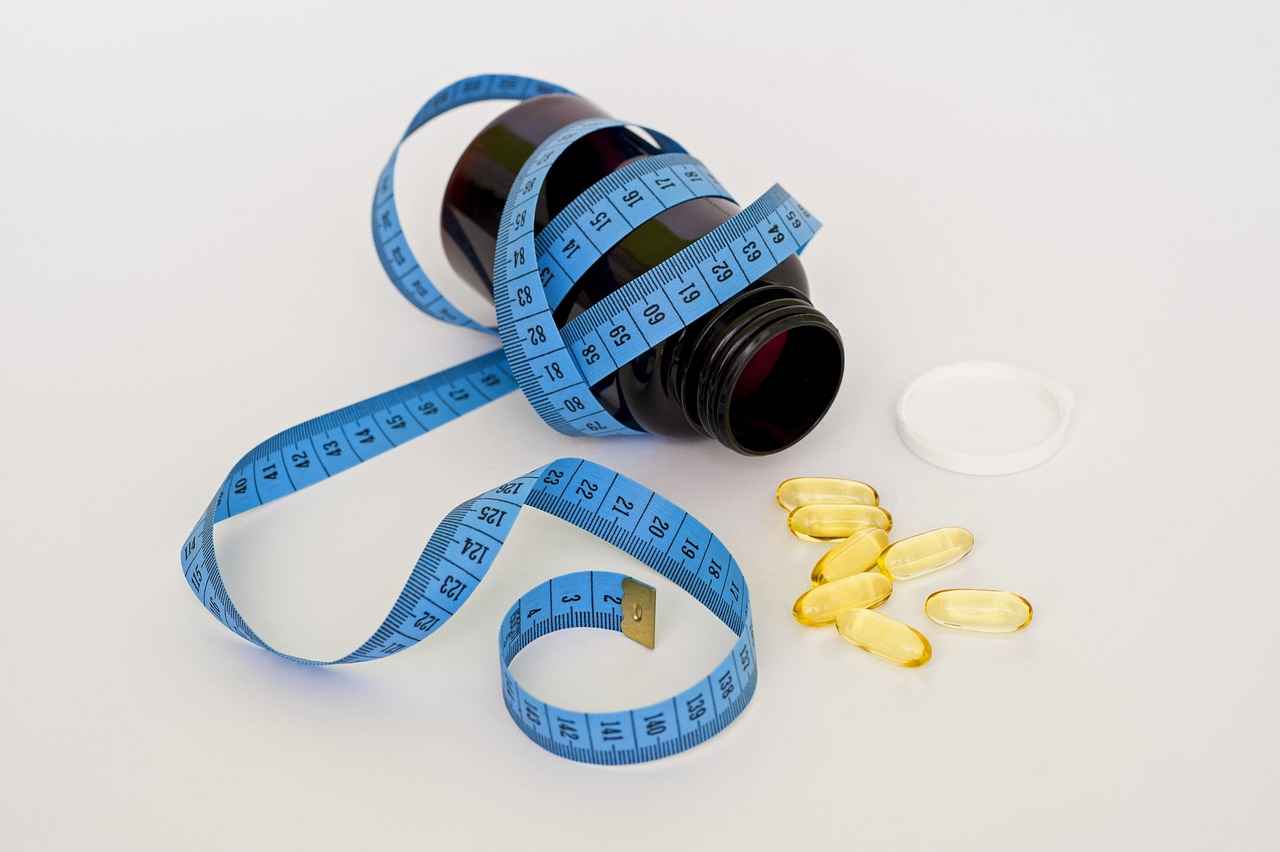
Effective Lifestyle Adjustments
Making simple changes to your daily routine can significantly impact water retention. These adjustments can enhance your overall well-being and promote faster results. In this section, we will explore various effective lifestyle adjustments that can help you manage water retention more efficiently.
Engaging in regular exercise is one of the most effective ways to combat water retention. Physical activity stimulates blood circulation and promotes sweating, which helps the body release excess fluids. Aim for a balanced routine that includes both cardiovascular exercises like jogging or cycling and strength training to build muscle mass. This combination not only aids in reducing water weight but also improves overall health.
Quality sleep is crucial for maintaining hormonal balance, which directly affects water retention. Aim for 7-9 hours of uninterrupted sleep each night. Establish a calming bedtime routine to enhance sleep quality, such as avoiding screens before bed, creating a comfortable sleep environment, and practicing relaxation techniques.
High levels of stress can lead to hormonal imbalances that contribute to water retention. Implementing stress management techniques such as meditation, deep breathing exercises, or yoga can be beneficial. These practices not only help reduce stress but also promote a sense of well-being.
It may seem counterintuitive, but drinking more water can actually help reduce water retention. When the body is dehydrated, it tends to hold onto fluids. Aim to drink at least 8-10 glasses of water daily. Incorporating hydrating foods such as cucumbers, watermelon, and oranges can also contribute to your hydration goals.
Reducing sodium intake is essential for minimizing water retention. High sodium levels can cause the body to retain excess fluid. Focus on consuming whole foods and cooking meals at home, using herbs and spices for flavor instead of salt. This simple adjustment can lead to noticeable improvements in water retention.
Adding foods with natural diuretic properties to your diet can also aid in reducing water retention. Foods such as parsley, beets, and asparagus can help promote fluid loss. Consider incorporating these foods into your meals for added benefits.
Processed foods are often high in sodium and preservatives that can contribute to water retention. By limiting your intake of these foods and focusing on a diet rich in whole, unprocessed foods, you can help your body maintain a healthier fluid balance.
Herbal remedies like dandelion tea and green tea can act as natural diuretics. These drinks can be incorporated into your evening routine to help promote fluid loss overnight. Always consult with a healthcare professional before trying new herbal remedies, especially if you have underlying health conditions.
Incorporating these lifestyle adjustments into your daily routine can lead to significant improvements in managing water retention. By focusing on physical activity, hydration, sleep quality, and dietary choices, you can enhance your overall well-being and promote faster results in your journey toward better health.
Regular Exercise
Regular exercise is a fundamental component of a healthy lifestyle, offering numerous benefits that extend beyond just physical appearance. Engaging in consistent physical activity can significantly enhance your overall well-being, particularly when it comes to managing water weight. Understanding how exercise influences water retention can empower you to make informed choices in your fitness routine.
Enhancing Circulation and Sweating
One of the primary ways that exercise aids in reducing water weight is by increasing circulation. When you engage in physical activity, your heart rate rises, promoting better blood flow throughout the body. This enhanced circulation helps to flush out excess fluids that may be trapped in your tissues. Additionally, as your body heats up during exercise, you begin to sweat, which is another effective method for expelling retained water. This process not only helps you feel lighter but also contributes to a more toned appearance.
The Benefits of Cardio and Strength Training
Incorporating both cardiovascular exercises and strength training into your routine can be particularly effective for water weight loss. Cardio activities such as running, cycling, or swimming elevate your heart rate and promote sweating, making them excellent choices for quick water loss. On the other hand, strength training builds muscle mass, which can enhance your metabolism and improve your body’s efficiency in utilizing fluids. The combination of these two exercise types creates a balanced approach that maximizes results.
Frequency and Duration of Workouts
To effectively lose water weight, it is crucial to establish a consistent workout schedule. Aim for at least 150 minutes of moderate aerobic activity each week, coupled with two days of strength training. This frequency not only helps maintain a healthy weight but also supports the body’s natural ability to regulate fluid levels. Short, high-intensity workouts can also be beneficial, as they can lead to rapid sweating and increased heart rate.
Incorporating Flexibility and Recovery
While the focus is often on high-intensity workouts, incorporating flexibility exercises such as yoga or stretching can also play a vital role in reducing water retention. These activities help alleviate muscle tension, improve circulation, and promote relaxation. Furthermore, allowing your body adequate recovery time is essential for hormonal balance, which can indirectly influence water retention.
Staying Hydrated
Ironically, staying hydrated is crucial for reducing water weight. When your body is well-hydrated, it can effectively flush out excess fluids, preventing the retention that can occur when you are dehydrated. Make sure to drink plenty of water before, during, and after your workouts to support your body’s natural processes.
Listening to Your Body
Finally, it’s essential to listen to your body and adjust your exercise routine as needed. Factors such as stress, sleep, and diet can influence how your body retains water. If you notice increased water retention, consider evaluating your exercise intensity, duration, and overall lifestyle habits. Making small adjustments can lead to significant improvements in your body’s ability to manage water weight.
In summary, regular exercise is a powerful tool for managing water weight. By enhancing circulation, promoting sweating, and incorporating a balanced routine of cardio and strength training, you can effectively reduce excess fluid retention. Remember to stay hydrated and listen to your body to achieve the best results.
Sleep and Stress Management
Sleep and stress management are integral components of a healthy lifestyle, significantly influencing both mental and physical well-being. In today’s fast-paced world, many individuals overlook the importance of quality sleep and effective stress management techniques, which can lead to various health issues, including water retention.
Quality sleep is not merely a luxury; it is a necessity for optimal health. During sleep, the body undergoes essential processes such as hormonal regulation and cellular repair. Sleep deprivation can disrupt the balance of hormones like cortisol and aldosterone, which are known to affect fluid retention. Cortisol, often referred to as the stress hormone, can increase when we are sleep-deprived, leading to heightened water retention. Therefore, prioritizing a good night’s sleep can help in regulating these hormones and reducing the likelihood of water retention.
In addition to sleep, managing stress effectively is crucial. Chronic stress can lead to emotional eating, poor dietary choices, and lifestyle habits that contribute to water retention. By implementing stress-reduction techniques, individuals can enhance their overall health and well-being. Here are some effective strategies:
- Meditation: Practicing mindfulness and meditation can significantly lower stress levels, promoting relaxation and better sleep.
- Exercise: Regular physical activity is a natural stress reliever. It helps release endorphins, which can improve mood and reduce anxiety.
- Breathing Exercises: Simple deep-breathing techniques can help calm the mind and body, making it easier to manage stress.
- Time Management: Organizing tasks and setting priorities can reduce feelings of being overwhelmed, thus lowering stress levels.
Furthermore, the connection between sleep, stress, and water retention is supported by various studies. According to research, individuals who experience consistent sleep disturbances are more likely to report issues with fluid retention. This is partly due to the body’s inability to effectively manage sodium levels and fluid balance when sleep-deprived. Therefore, ensuring quality sleep and practicing stress management techniques can lead to improved hormonal balance and a reduction in water weight.
Incorporating a routine that prioritizes sleep hygiene—such as maintaining a consistent sleep schedule, creating a comfortable sleep environment, and limiting screen time before bed—can further enhance sleep quality. Additionally, engaging in relaxing activities before bedtime, such as reading or taking a warm bath, can signal the body to wind down and prepare for restorative sleep.
In conclusion, quality sleep and effective stress management play vital roles in maintaining overall health and well-being. By recognizing their importance and implementing practical strategies, individuals can not only improve their sleep and manage stress but also positively influence their body’s fluid balance and reduce water retention. Prioritizing these aspects of health can lead to a more balanced, healthier lifestyle.

Natural Remedies for Quick Results
When it comes to shedding excess water weight quickly, natural remedies can be a safe and effective approach. Many people experience temporary water retention due to various factors, including dietary choices and hormonal fluctuations. By incorporating specific natural remedies into your routine, you can promote rapid fluid loss and achieve the results you desire.
One of the most popular natural remedies for reducing water weight is herbal teas. Dandelion tea, for example, is renowned for its diuretic properties, which help the body flush out excess fluids. Drinking a cup before bedtime can aid in overnight water loss. Green tea also offers similar benefits, as it contains antioxidants and compounds that promote metabolism and fluid balance.
Apple cider vinegar (ACV) is another effective remedy. It is believed to help balance electrolytes and reduce water retention. Incorporating ACV into your evening routine can be as simple as mixing one to two tablespoons with a glass of water. This not only aids in fluid loss but can also support digestion and overall health.
In addition to beverages, certain foods can help reduce water retention. Incorporating cucumbers, watermelon, and celery into your diet can promote diuresis (the increased production of urine). These foods are not only hydrating but also low in calories, making them excellent choices for anyone looking to lose water weight.
High sodium levels in the body can lead to water retention. Therefore, reducing your sodium intake is a crucial step in managing water weight. Focus on fresh, whole foods while avoiding processed items that are often loaded with salt. Herbs and spices can be great substitutes for flavoring your meals without the added sodium.
Ironically, drinking more water can help your body release retained fluids. Staying hydrated ensures that your kidneys function optimally, allowing them to filter out excess sodium and waste. Aim for at least eight glasses of water a day, and consider adding lemon for added flavor and benefits.
Engaging in regular physical activity can also help reduce water weight. Exercise increases circulation and promotes sweating, both of which aid in fluid loss. Aim for a combination of cardiovascular exercises and strength training to maximize results. Even a brisk walk or a short workout can make a significant difference.
Stress can lead to hormonal imbalances that contribute to water retention. Incorporating mindfulness practices such as yoga, meditation, or deep breathing exercises can help manage stress levels. These practices not only promote relaxation but can also aid in hormonal regulation, further supporting your efforts to lose water weight.
Using essential oils like grapefruit or lemon in aromatherapy can also assist in reducing water retention. These oils are believed to have diuretic properties and can be used in diffusers or added to baths for a relaxing experience that promotes fluid loss.
In summary, there are numerous natural remedies available for those looking to lose water weight quickly. By incorporating herbal teas, adjusting dietary habits, staying hydrated, and engaging in physical activity, you can effectively manage water retention and achieve your desired results.
Herbal Teas
When it comes to managing water weight, are often overlooked but can be incredibly beneficial. Consuming specific herbal teas before bedtime can enhance your body’s natural ability to shed excess fluids overnight. Two popular options are dandelion tea and green tea, both of which possess natural diuretic properties that can aid in reducing water retention.
Dandelion tea is derived from the leaves of the dandelion plant and has been used for centuries in traditional medicine. It is known for its ability to promote the production of urine, thereby helping to flush out excess water and toxins from the body. This can lead to a noticeable decrease in bloating and a lighter feeling overall. Additionally, dandelion is rich in potassium, which can help balance electrolytes and further support fluid regulation.
Green tea, on the other hand, is celebrated not only for its antioxidant properties but also for its mild diuretic effects. The caffeine content in green tea can stimulate urine production, making it a great choice for those looking to reduce water weight. Moreover, green tea is known to boost metabolism, which can aid in weight loss efforts when combined with a healthy diet and exercise.
For optimal results, consider brewing a cup of herbal tea about 30 minutes before bedtime. This timing allows the body to process the diuretic effects while you sleep, potentially leading to a reduction in water weight by morning. Additionally, the calming properties of these teas can promote better sleep, which is essential for overall health and weight management.
Incorporating these herbal teas into your nightly routine is simple. You can enjoy them plain or add a touch of honey or lemon for flavor. However, it is important to listen to your body. If you experience any discomfort or adverse effects, it may be wise to consult with a healthcare professional.
In summary, herbal teas like dandelion and green tea can serve as effective natural remedies for reducing water weight. Their diuretic properties, combined with other health benefits, make them a valuable addition to your dietary regimen. Whether you’re looking to feel lighter or simply want to support your body’s natural functions, these teas can be a delightful and healthful choice.
Apple Cider Vinegar
Apple cider vinegar (ACV) has gained popularity as a natural remedy for various health concerns, including water retention. Many people are curious about how this simple ingredient can impact their body’s fluid balance, especially when incorporated into a nightly routine. This section delves into the potential benefits of apple cider vinegar, how it works, and ways to incorporate it effectively into your lifestyle.
Apple cider vinegar is rich in acetic acid, which is believed to play a crucial role in promoting metabolic health. This compound may aid in balancing electrolytes, which are essential for maintaining proper fluid levels in the body. When electrolytes are balanced, the body is less likely to retain excess water, leading to a leaner appearance.
One of the primary ways apple cider vinegar helps reduce water retention is through its ability to enhance hydration. While it may seem counterintuitive, drinking more fluids—especially when combined with ACV—can prompt your body to release stored water. This process occurs because adequate hydration signals the kidneys to eliminate excess sodium and fluid, reducing bloating and puffiness.
To maximize the benefits of apple cider vinegar, consider incorporating it into your evening routine. Here are a few practical methods:
- ACV Drink: Mix one to two tablespoons of apple cider vinegar with a glass of water. You may add a teaspoon of honey for sweetness. Consuming this mixture before bed can help promote digestion and minimize water retention overnight.
- Salad Dressing: Use apple cider vinegar as a base for homemade salad dressings. Combining it with olive oil, herbs, and spices not only enhances flavor but also provides health benefits.
- Herbal Infusion: Combine apple cider vinegar with herbal teas known for their diuretic properties, such as dandelion or green tea, to create a soothing evening beverage.
While apple cider vinegar is generally safe for most people, it’s essential to use it in moderation. Consuming excessive amounts can lead to digestive discomfort or throat irritation. Always dilute ACV in water before drinking, and consult a healthcare professional if you have underlying health conditions or are taking medications.
Incorporating apple cider vinegar into your evening routine may offer a natural and effective way to combat water retention. By balancing electrolytes and promoting hydration, ACV can help you achieve a more toned appearance. However, it’s important to combine this practice with other healthy habits, such as maintaining a balanced diet and staying active, for optimal results.

When to Seek Medical Advice
Water retention can be a frustrating experience, often leading to discomfort and bloating. While losing water weight can be beneficial for temporary relief, it is crucial to recognize when persistent water retention may signal underlying health issues. Understanding the signs and symptoms that warrant a consultation with a healthcare professional is essential for maintaining overall health.
Recognizing Symptoms of Water Retention
Water retention, also known as edema, can manifest in various ways. Common signs include:
- Swelling in the legs, ankles, or feet
- Unexplained weight gain over a short period
- Stiffness or discomfort in joints
- Changes in skin texture, such as puffiness or a shiny appearance
If you experience any of these symptoms, it may be time to consult a healthcare professional for further evaluation.
Potential Underlying Health Issues
Persistent water retention can be indicative of several health conditions, including:
- Heart Failure: The heart’s inability to pump effectively can lead to fluid buildup.
- Kidney Disease: Impaired kidney function may prevent the body from excreting excess fluids.
- Liver Disease: Conditions such as cirrhosis can disrupt fluid balance in the body.
- Hormonal Imbalances: Conditions like hypothyroidism can affect fluid retention.
Identifying the root cause is crucial for appropriate treatment and management.
When to Consult a Healthcare Professional
It is advisable to seek medical advice if:
- Swelling persists for several days without improvement.
- You notice severe swelling that affects mobility or daily activities.
- You experience shortness of breath or chest pain alongside swelling.
- Swelling occurs suddenly after starting a new medication.
Your healthcare provider can perform necessary tests to rule out serious conditions and recommend appropriate treatment options.
Managing Water Retention
In addition to seeking medical advice, there are steps you can take to manage water retention effectively:
- Maintain a balanced diet: Reducing sodium intake and incorporating potassium-rich foods can help.
- Stay hydrated: Drinking adequate water aids in flushing out excess fluids.
- Regular exercise: Physical activity can enhance circulation and reduce swelling.
- Elevate affected limbs: Elevating legs can help reduce swelling in the lower extremities.
In conclusion, while losing water weight can provide temporary relief, persistent water retention may indicate more serious health issues. Recognizing the signs and symptoms, understanding potential underlying conditions, and knowing when to consult a healthcare professional are vital for ensuring your overall health and well-being.
Frequently Asked Questions
- What is water weight?
Water weight refers to the temporary retention of excess fluids in your body. It’s not fat, but rather the result of various factors like diet and hormonal changes.
- How can I reduce water weight overnight?
You can reduce water weight overnight by making dietary adjustments, such as cutting down on sodium, increasing your intake of diuretic foods, and staying hydrated. Natural remedies like herbal teas can also help!
- Are there specific foods that help with water retention?
Absolutely! Foods like cucumbers, watermelon, and celery have natural diuretic properties that can help flush out excess fluids from your system.
- Does exercise help in losing water weight?
Yes! Regular exercise boosts circulation and promotes sweating, which can significantly help in reducing water weight. A mix of cardio and strength training is particularly effective.
- When should I consult a doctor about water retention?
If you experience persistent water retention that doesn’t improve with dietary or lifestyle changes, it’s essential to consult a healthcare professional to rule out any underlying health issues.


